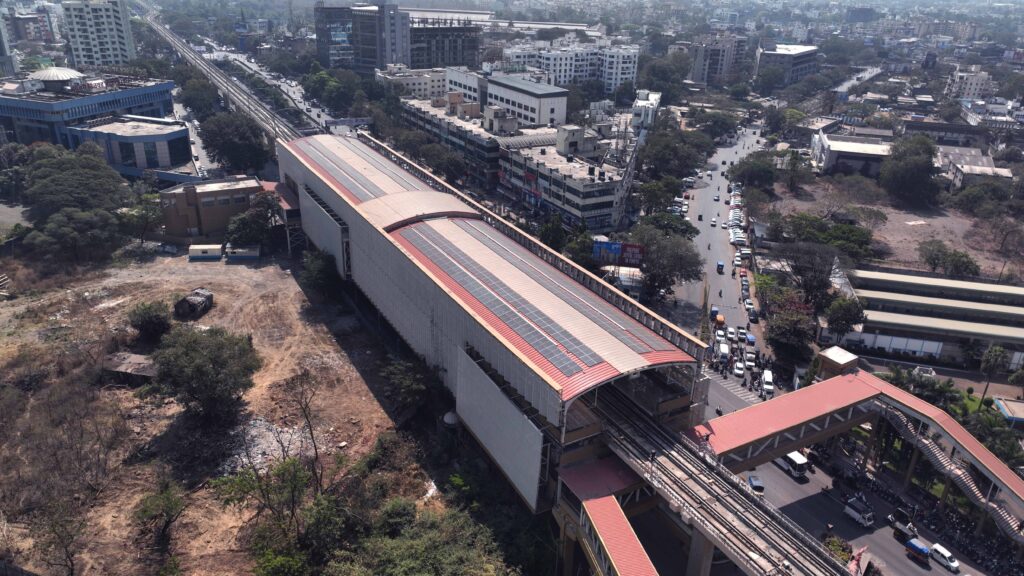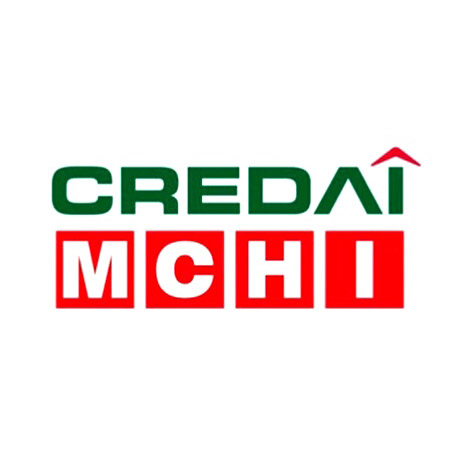India’s Commercial Real Estate: Record Growth and Rising Rentals in Q1 CY’24
Abhishek Kiran Gupta CEO, CRE Matrix & IndexTap India’s Grade A office demand saw a 12% growth in Q1 CY’24 compared to the previous quarter and a 14% growth compared to the same quarter last year. Bengaluru, MMR, and Delhi-NCR contributed almost two-thirds of the office demand, with the top three cities experiencing a combined growth of 23% in Q1 CY’24 on a quarter-on-quarter basis. Pan-India office demand grew by 14%. In keeping with the tradition of low completions in the first quarter of the calendar year, office supply saw a sharp dip, with only 10.5 million square feet (msf) being infused in Q1 CY’24, which is almost 38% lower than the previous quarter and 5% lower compared to the same quarter last year. Bengaluru and Hyderabad together contributed almost 65% of the new supply in Q1 CY’24. As a result, pan-India vacancy dipped by 50 basis points. Rentals on a pan-India basis continued to rise, inching towards the ₹100-mark, with an 8.7% increase in Q1 CY’24 compared to the previous quarter. The difference between market and in-place rentals widened further to about 14%, indicating an overall strong landlord’s market. City-wise, Bengaluru, Pune, and Hyderabad saw an uptick in rentals in Q1 CY’24 compared to the previous quarter. The IT/ITeS sector, in its return-to-office mode, dominated the leasing demand share, contributing almost 28% to office demand. The BFSI sector’s share in leasing demand grew from 16% in Q1 CY’23 and 13% in Q4 CY’23 to 20% in Q1 CY’24. Fifty percent of the BFSI demand came from Mumbai and Chennai alone. On the IT/ITeS side, while Bengaluru contributed 35% to the sector’s demand, it was Noida, at 20%, that overtook Hyderabad in Q1 CY’24. The highlight of the quarter was large-sized deals dominating office demand. Fifty-six percent of the demand in Q1 CY’24 came from occupiers taking more than 1 lakh square feet, compared to 36% in Q4 CY’23 and 33% in Q1 CY’23. Bengaluru, Hyderabad, and Noida contributed 66% to the >1 lakh square feet deals. Based on our estimates and predictive models, taking into account the upcoming supply, we believe pan-India office demand will cross 70 msf in 2024, driven by strong economic fundamentals and significant investments into the country’s physical and digital infrastructure.
India’s Commercial Real Estate: Record Growth and Rising Rentals in Q1 CY’24 Read More »















